Publications
Articles, publications, books, tools and multimedia features from the U.S. Institute of Peace provide the latest news, analysis, research findings, practitioner guides and reports, all related to the conflict zones and issues that are at the center of the Institute’s work to prevent and reduce violent conflict.
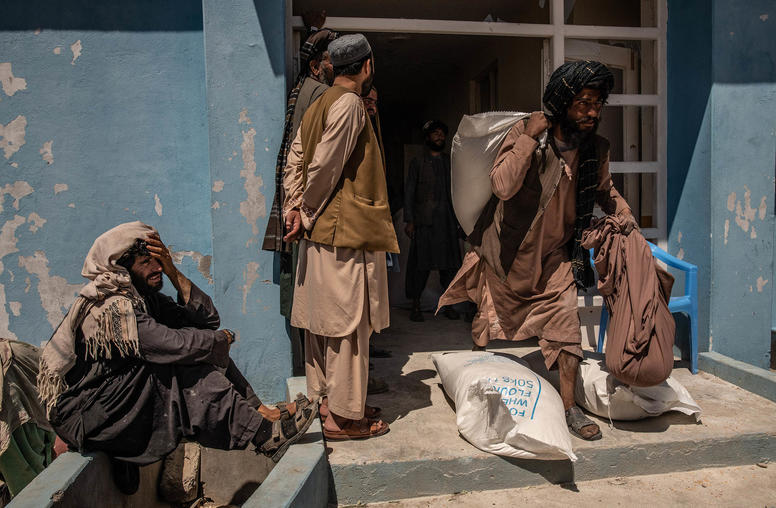
Afghans Adapting to Economic Decline, Social Restrictions
Newly released household data paint a bleak picture of the ongoing human tragedy in Afghanistan and how the Afghan people are adapting as best they can to economic decline and draconian social restrictions, while perhaps benefiting from better security.
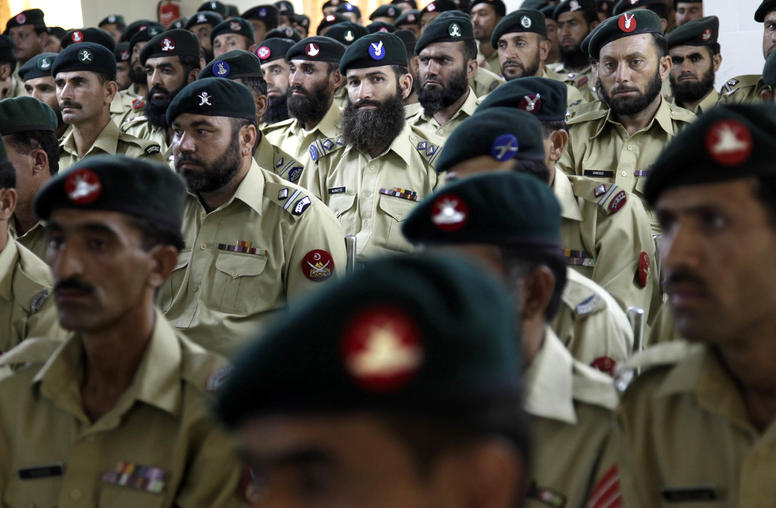
Five Key Issues Facing Pakistan’s New Army Chief
Pakistan just underwent a major military transition. Last week, Prime Minister Shahbaz Sharif appointed General Asim Munir as the new chief of the country’s powerful army, succeeding Qamar Bajwa who held the position for six years. Munir is a former chief of Pakistan’s powerful intelligence service, the Inter-Services Intelligence (ISI), and before that the head of the country’s military intelligence. In nuclear-armed Pakistan with the world’s fifth largest military and a history of military rule, the army chief tends to be the most powerful leader — at times even perceived as the de facto leader due to significant influence over Pakistan’s domestic and foreign policies.
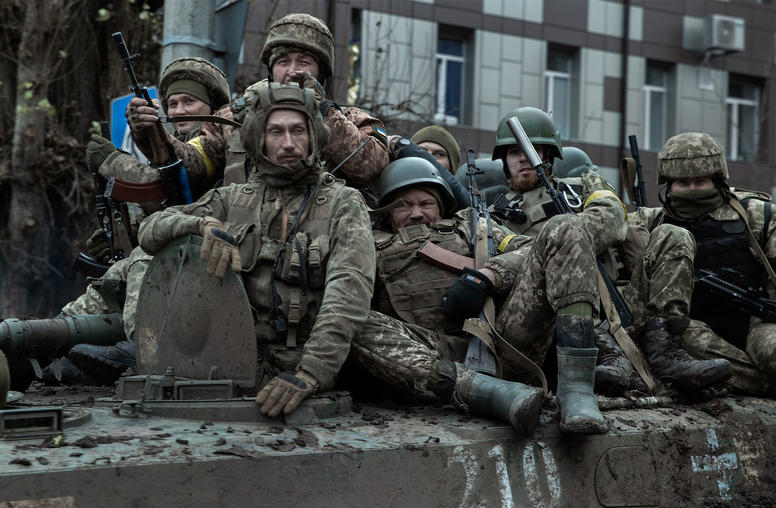
Preparing for Victory in Ukraine
Success. That’s the potential outcome that the United States, Ukraine, allied and partner governments, and private-sector actors must now prepare to confront. Ukraine’s counteroffensives, backed by expanded and accelerated U.S. and allied support, continue to push Russian forces out of Ukrainian territory, although at a reduced rate. These hard-won successes, however, bring with them possible challenges that also must be addressed.
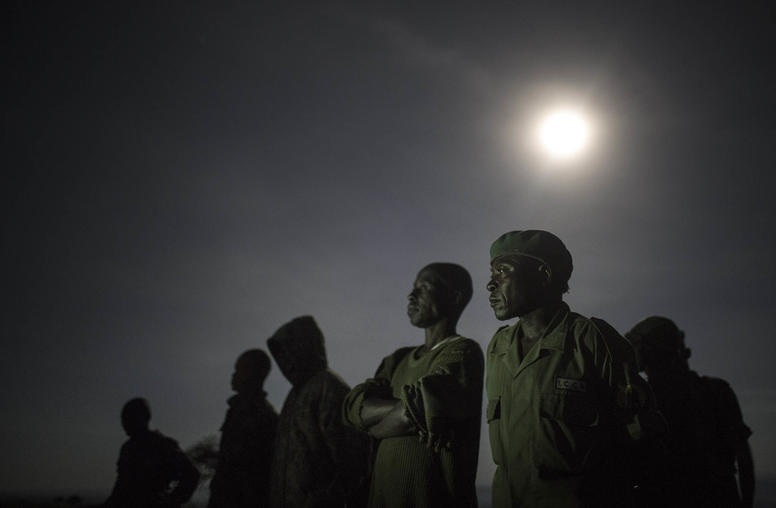
Armed Actors and Environmental Peacebuilding
The eastern provinces of the Democratic Republic of the Congo (DRC) have been the site of decades of conflict between the Congolese army and nonstate armed groups. The region’s conflict dynamics are profoundly affected by the combatants’ exploitation of and illegal trade in natural resources. Drawing lessons from eastern DRC, this report argues that the environmental peacebuilding field needs to do more to understand how armed actors shape resource governance and resource-related conflict, which in turn can lead to better-designed peacebuilding programs and interventions.

Tamanna Salikuddin on Pakistan’s New Military Chief
General Asim Munir was appointed as the new head of Pakistan’s military this week — a position often viewed as the de facto leader of the country. Amid a fraught political environment, Munir’s “first job is going to be figuring out what the civil-military balance is in Pakistan,” says USIP’s Tamanna Salikuddin.
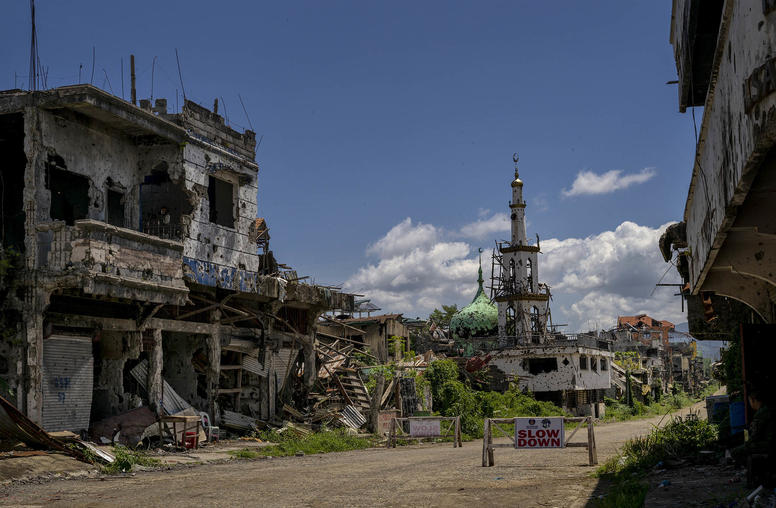
Three-Year Bangsamoro Transition Extension Seen as a Critical Opportunity
Engr. Mohajirin Ali is the director general of the Bangsamoro Planning and Development Authority (BPDA), which coordinates the formulation of the Bangsamoro government’s socioeconomic development policies and plans, and monitors and evaluates those plans. Aliah Adam, who serves as the coordinator for local NGO Singanen O Mindanao and as a consultant for USIP, recently interviewed Ali to discuss the BPDA’s role, the major achievements of the Bangsamoro Transition Authority and the importance of the three-year extension of the transition period of the Bangsamoro Autonomous Region of Muslim Mindanao. The following are edited excerpts from the interview.

Four Takeaways from the COP27 Climate Conference
Many global headlines from last year have been shaped by — or contributed to — the visible impacts of climate change. From the floods in Pakistan to the droughts in East Africa, Europe’s energy crisis, global inflation and even the war in Ukraine, the gravity of the climate crisis has come into full focus for millions of people around the world.

Mary Glantz on the G20 Summit
The joint leaders’ statement at the G20 Summit, while largely symbolic, showed that “Russia [is] a lot more isolated than perhaps we’d been led to suspect,” says USIP’s Mary Glantz, adding that Russia’s anti-imperialist justification for the war in Ukraine is “not getting the traction we thought it was.”

Event Extra: Syria’s Brutal Civil War and the Elusive Quest for Justice
In 2016, the U.N. General Assembly established the International, Impartial and Independent Mechanism for Syria (IIIM), after vetoes in the U.N. Security Council prevented referral of the Syrian situation to the International Criminal Court. IIIM Head Catherine Marchi-Uhel discusses the obstacles to this work, the progress made to date and what lessons it can provide for delivering accountability and justice in other conflicts.
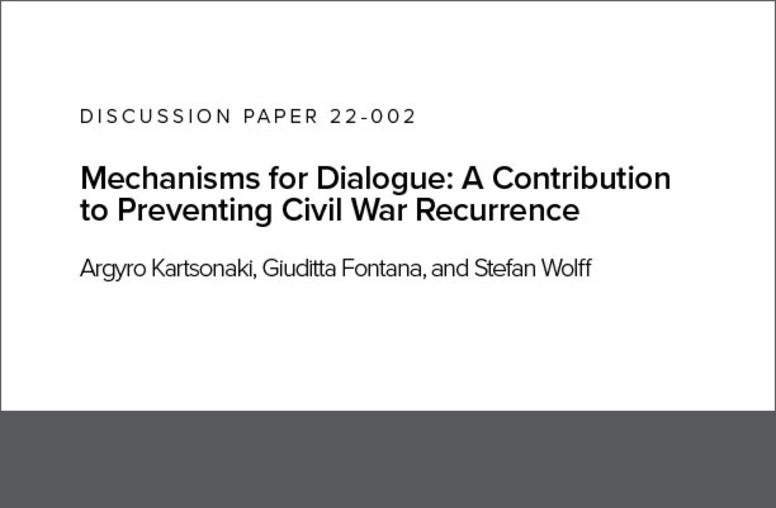
Mechanisms for Dialogue: A Contribution to Preventing Civil War Recurrence
This paper argues that the effects of civil war recurrence can be mitigated if peace agreements include mechanisms that enable the warring parties to continue dialogue throughout peace processes beyond the implementation of a peace agreement.